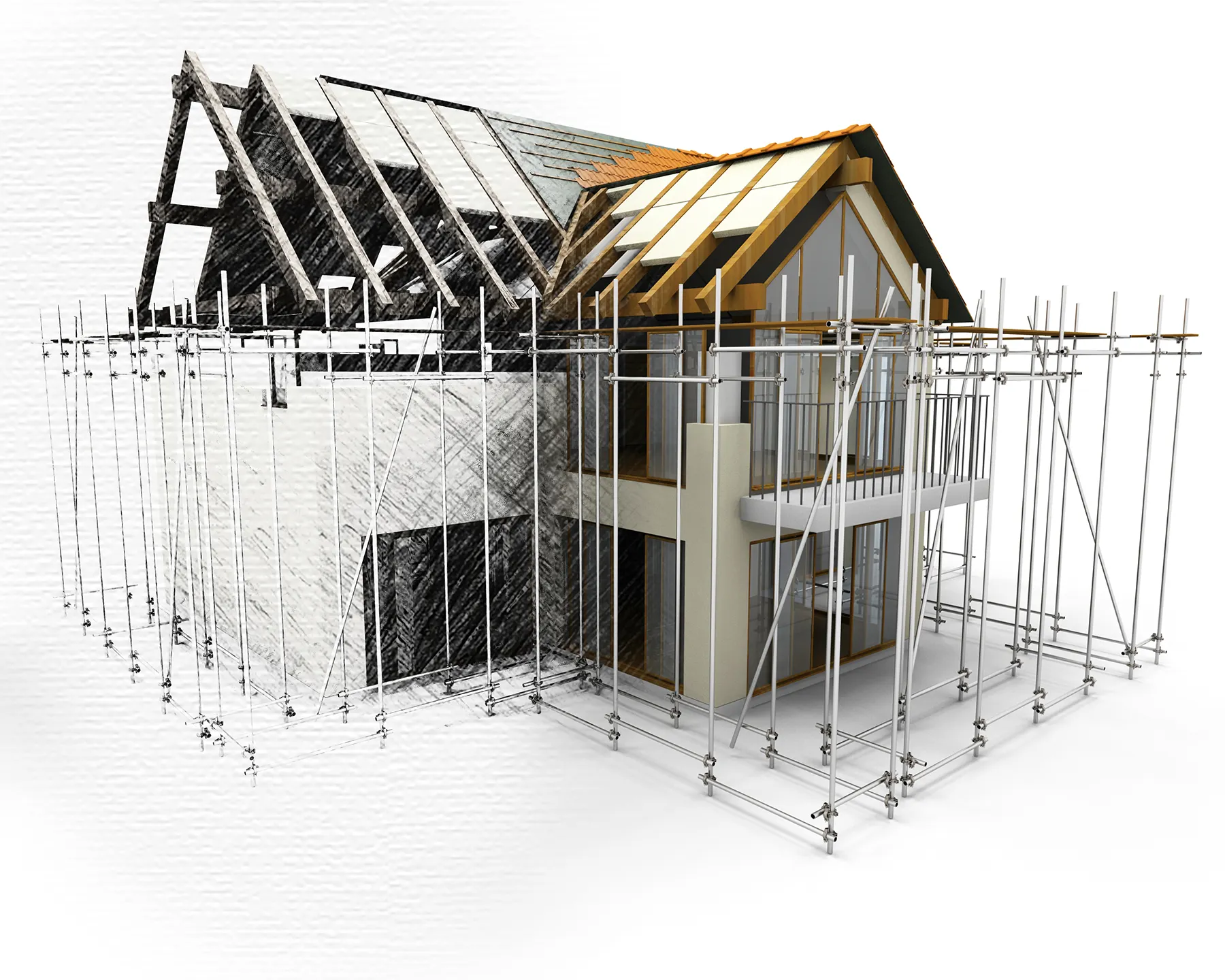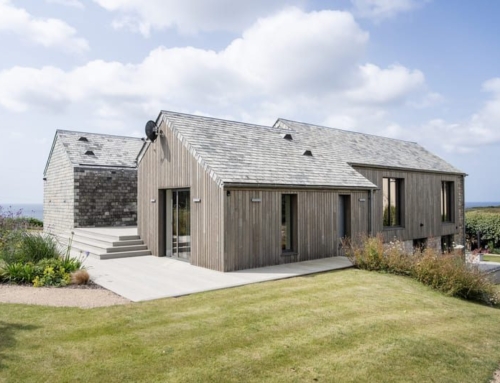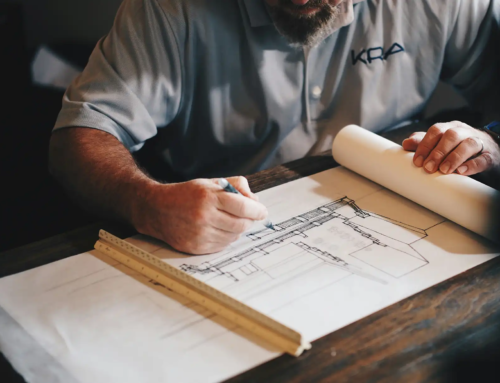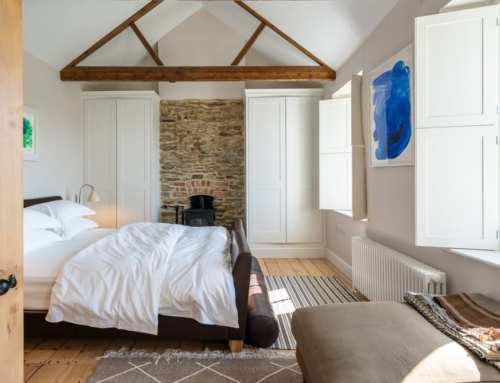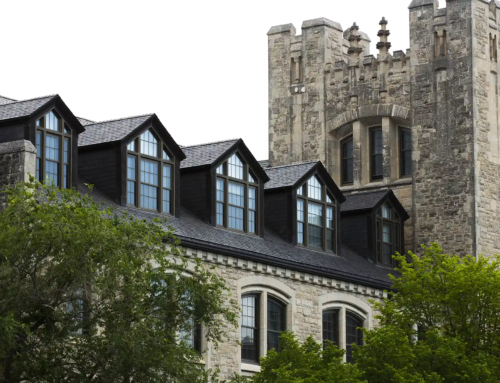10 year structural warranty cost UK
If you’re planning a new construction or self build project in the UK, you’ve likely heard about structural warranties. The average cost of a 10-year structural warranty is around £2,000, but this figure can vary significantly depending on multiple factors so it may not be that useful to you. This article will explain in more detail, what can affect the final policy price, warranty providers small print and if you even need a building warranty to secure a mortgage. Whether you’re a self-builder, developer, or homeowner this article will help clear up the confusion surrounding structural defects and self build warranty cover.
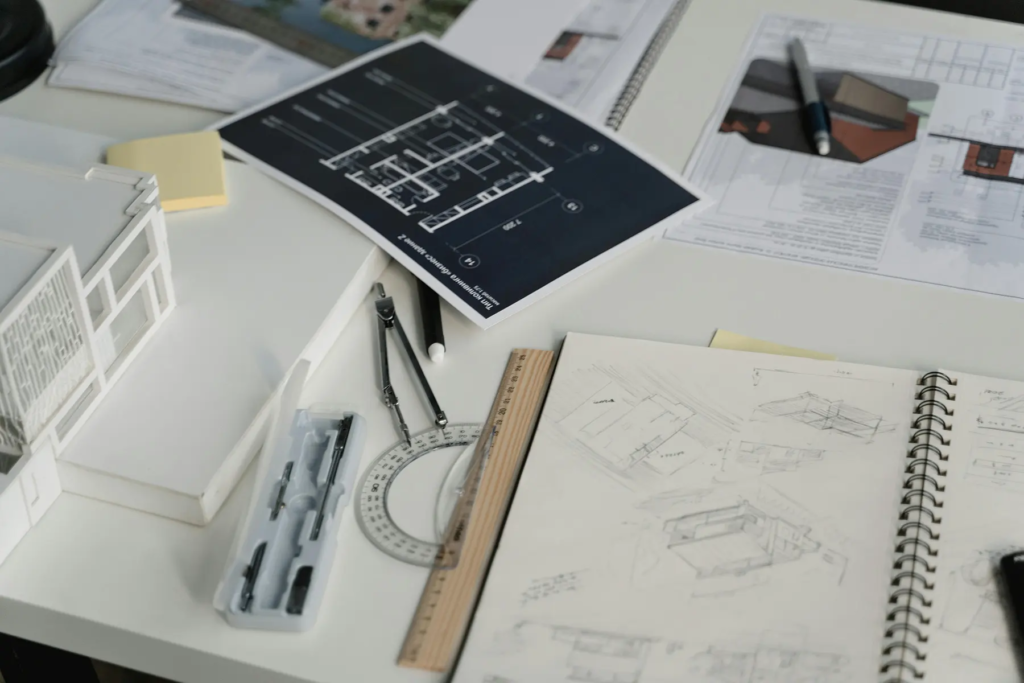
What is a Structural Warranty and Who Needs One?
A structural warranty is a type of insurance policy that covers building defects in design, workmanship, and materials in new builds or major renovations. It makes sure the building has been constructed in line with current building regulations along side your local authority building control checks, find out the costs involved in building regulations here. Unlike standard home insurance, which typically covers unexpected damages, a structural or self build warranty provides long-term protection against faults in the building’s structure. This is an important certificate that is often overlooked, but it should be factored into your build cost budget. These warranties are crucial for homeowners, self-builders, developers, and property investors, especially those looking to secure financing or sell a newly built property.
Factors That Affect the Cost of a Structural Warranty
Warranty providers will consider several factors when quoting a self-build warranty policy. The price of your policy depends on various factors, and here are the top five that most lenders will focus on before approving a loan:
- Location – Properties in high-risk areas (e.g., flood zones or regions with subsidence issues) will likely have higher premiums.
- Contractor Experience – If your builder has a strong track record and accreditation, it may reduce the price.
- Self-Builders – If you’re taking on a self build project yourself, insurers may see this as a higher risk, leading to increased quotes.
- Design Complexity – Unique or complex architectural designs can increase the price of a building warranty due to higher perceived risks.
- Construction Phase – Early applications often attract lower fees compared to seeking coverage during the construction process and certainly after construction has been completed. As well as building control checks, most warranty providers will need an on site technical audit to be completed at certain stages to obtain the certificate, a 10 year structural certificate will help you secure finance.
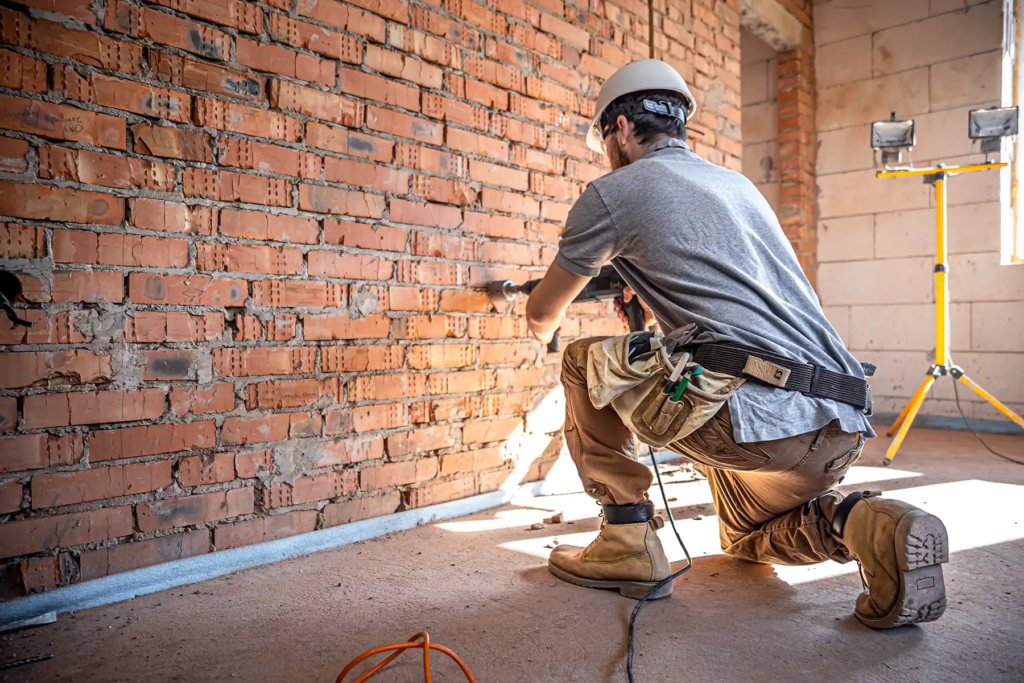
How Much Does a Structural Warranty Cost?
The typical cost of a structural warranty is around £2,000, which includes the full 10-year coverage along with all necessary technical audits, which are site visits conducted by a professional surveyor, however in reality the actual cost can range from £1,500 to £5,000 and more for retrospective certificates, with self build structural warranties costing slightly more than a large accredited building company. Here’s a general estimate based on property value:
- Properties up to £250,000: £1,500 – £2,500
- Properties between £250,000 – £500,000: £2,500 – £4,000
- High-value properties (£1M+): £5,000+
The Small Print – Limits of Cover and Policy Excess
Not all structural building warranties offer the same level of protection. When choosing a policy, consider:
- Coverage Limits – Policies typically cover defects for up to 10 years, but they may impose a maximum payout limit usually around £1,000,000. It’s crucial to check this limit to ensure it aligns with your project’s value and potential repair costs.
- Policy Excess – Some policies require you to pay an excess on claims, which varies between warranty providers. This is usually around £1,000 per claim, but some insurers may charge higher or lower amounts based on the policy type. Reviewing the excess terms ensures you’re not caught off guard by unexpected costs if you have to make a claim on your building warranty.
What’s Excluded?
As with most insurance policies, warranties do not cover everything! It is vital to choose a suitable structural warranty that covers your specific property needs. Common exclusions include:
- Wear and Tear – Gradual deterioration of materials and finishes over time is not covered.
- Weather Damage – Issues arising from storms, floods, or other natural events are usually the responsibility of standard home insurance policies, make sure you have both policies in place.
- Non-Structural Issues – Problems with fixtures, fittings, or cosmetic defects such as cracked plaster or minor settlement are generally excluded.
- Workmanship and Maintenance Issues – If defects arise due to poor maintenance or work carried out by an unapproved contractor, they may not be covered under the policy.
- Ground Movement Not Caused by Faulty Work – Some policies may exclude claims related to subsidence or heave unless they result from construction defects, such as inadequate foundations.

Why Doesn’t Normal House Insurance Cover Structural Issues?
Most standard home insurance policies do not cover structural defects because they are considered pre-existing or due to poor construction rather than unexpected damage. Property insurance typically covers sudden incidents like storms, fire, or burglary, whereas a building warranty is designed to protect against issues resulting from structural failure, defective design or poor construction.
Do You Need a structural building Warranty to Secure a Mortgage?
Yes, in most cases. Many mortgage lenders require a structural building warranty or a architects certificate (PCC) before they will approve a loan for a new build or significant renovation. Find out the differences between a structural warranty and a professional consultants certificate here. Without a warranty, securing financing or selling the property could be challenging, especially for self builders as potential buyers may struggle to obtain a mortgage.
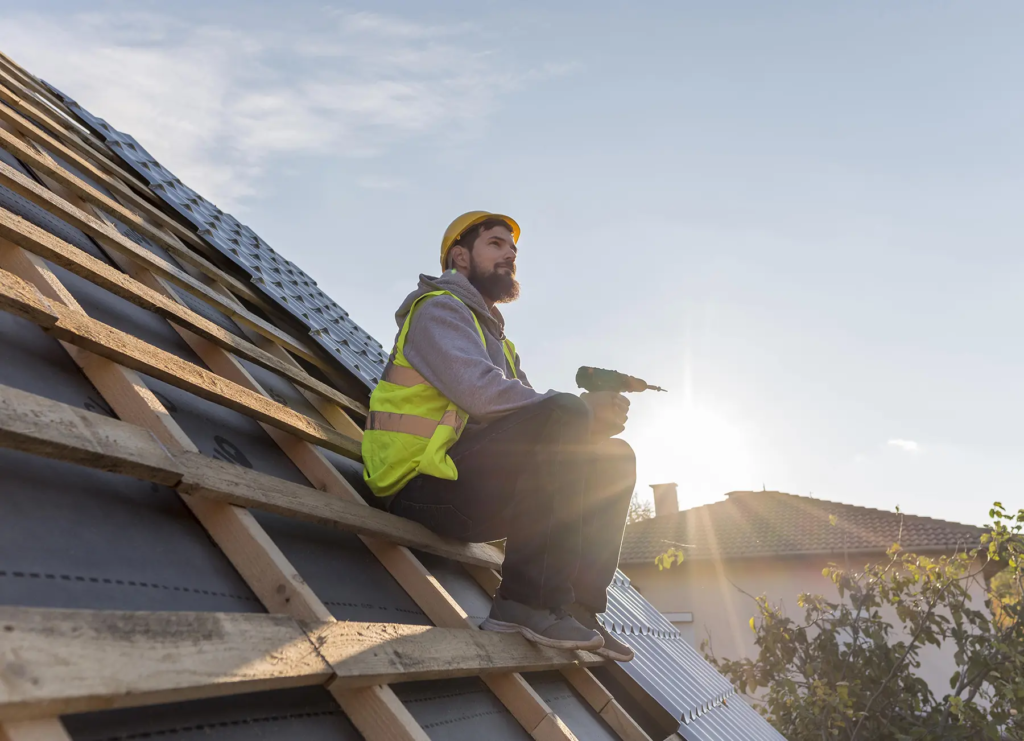
What happens if you don’t have a self build warranty
Without a self build structural warranty, you are fully responsible for the cost of repairing construction defects, which will be expensive and difficult to finance. Selling the property may also be challenging, as many buyers and mortgage lenders require a warranty for new builds or major renovations. In some cases, you may need to pursue legal action against the builder, which can be costly and time-consuming. Unaddressed defects can worsen over time, reducing property value to nothing and posing safety risks. A warranty provides essential protection and peace of mind, preventing unexpected financial burdens.
Conclusion
In conclusion, a 10-year building warranty is a crucial investment for anyone undertaking a new build or major renovation. While the average cost is around £2,000, various factors can influence the final price. Understanding the limitations and importance of selecting the right self-build warranty cover ensures you make an informed decision. By securing the appropriate protection, you can safeguard your project against potential latent defects or structural issues and enjoy long-term peace of mind.

